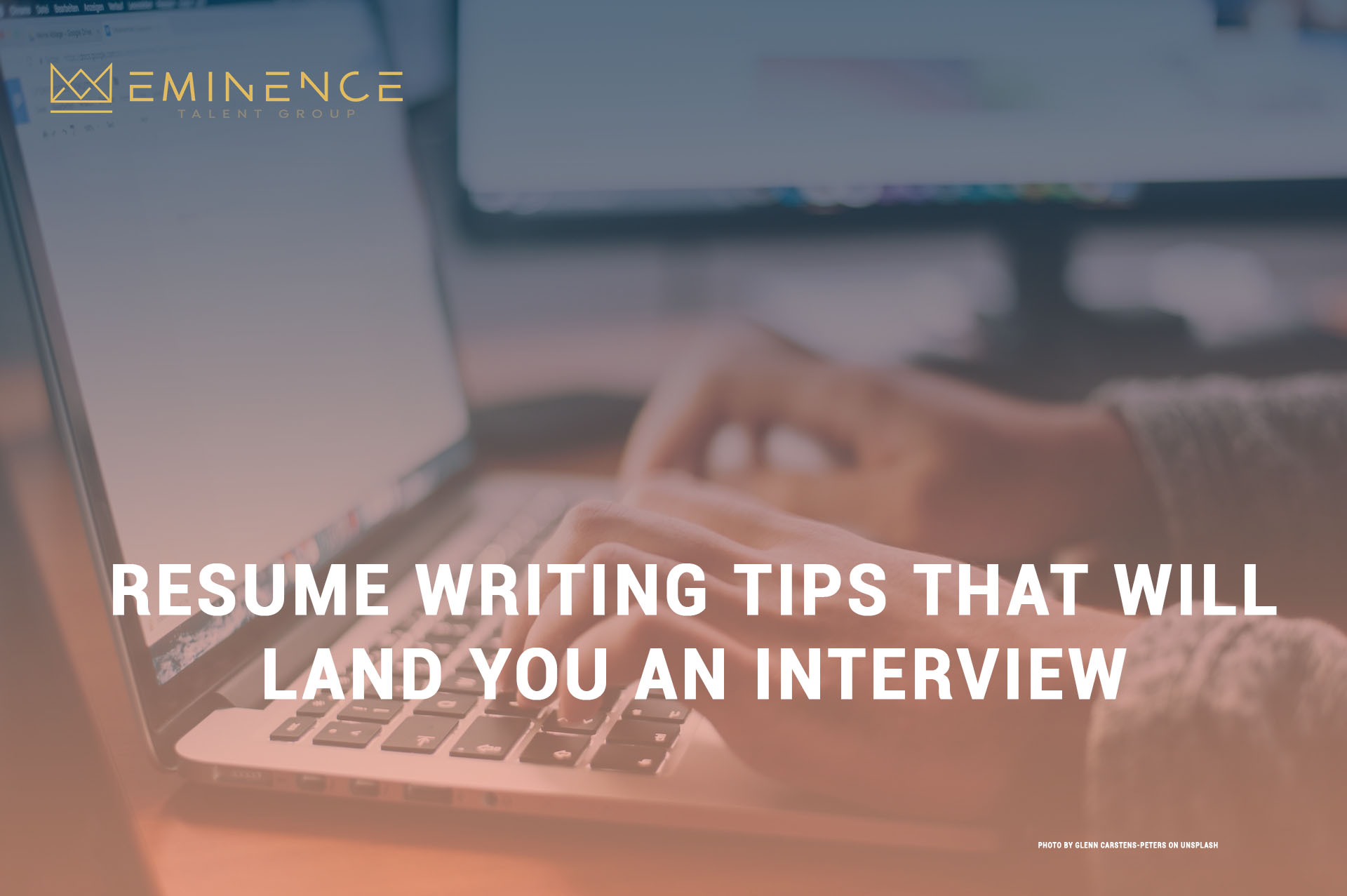Creating a strong resume is just as crucial as preparing for and nailing your job interview. After all, your resume is your first opportunity to make a good first impression on the recruiter! But, before you panic, remember that creating the perfect resume is actually a lot easier than it seems. And once you’ve read these 11 pointers, you’ll be ready to confidently take the next step in your job hunt.
1. Keep It One Page
Do you know how much time a recruiter takes on the first pass over your resume? Approximately 7.4 seconds. 1 Whoa. If they have to flick or browse through pages of your accomplishments and previous experience, this party may be finished before it even begins. Keeping things basic, relevant, and to the point will immediately gain you some respect. If all goes well here, you can answer the most typical interview questions in person!
2. Link to Online Portfolios
Some job applications may require you to give samples of your work, but even if they do not, there is a professional approach to showcase your skills. If you have an online portfolio or a professional website, provide a link to it. This will allow you to demonstrate more of your work without taking up room on your real resumé.
3. Make Sure your Contact Info is Professional
Nobody wants to contact sk8rboi2002 by email. Don’t even use your college email address. A simple, uninteresting email account with your initial and last name will suffice. Also, add your phone number (but make sure your voicemail greeting isn’t something amusing or creative).
4. Include Relevant Social Media Accounts
I realize I’m speaking to grownups here, but I have to say it: double-check all of your social media accounts to ensure they’re recruiter-friendly, especially if you put any of your social network handles on your resumé. Even so, they should only be included on your resume if they are relevant to the position you are looking for. For most positions, you simply need to mention your LinkedIn account.
5. Evaluate Whether you Need a Photo
When it comes to images, consider whether or not to include one on your resumé. If you’re seeking a modeling or acting job, it could make sense to add one, but accounting? They probably don’t care what you look like or how interesting your resume is.
6. Keep the Job Listing in Mind
Recruiters offer job descriptions for a reason: they want to be precise and detailed about the characteristics and talents they seek. Look for keywords and use them in your resume (doing that will help you beat the applicant tracking system). Be truthful about your skill set and don’t be disheartened if you don’t possess every talent on the list.
7. Tweak your Resumé for Each Role
I understand that tailoring your resumé to each job application may appear to be a lot of work, but it will pay off big time. Recruiters will notice that you took the time to read all of the information and are genuinely interested in their organization, rather than simply sending a generic application to hundreds of other jobs.
8. Tell the Truth
Okay, this is a no-brainer application and interview advice in general, but enough individuals have lied or “stretched the truth” on their job applications to warrant inclusion. Don’t claim to know someone at the firm if you’ve never spoken with them. Don’t pretend to know how to use Excel and PowerPoint if you don’t. It will just make you appear dodgy when the recruiter requests further details (or worse if you do get hired, and then they have to show you how to make a spreadsheet).
9. Explain Why you’re a Good Fit
Remember how we said you should adapt your resumé to each job you apply for? Your resumé should include a few sentences explaining why you wish to work for this particular organization. It’s one thing to know that someone wants to work for you, but wouldn’t you want them on your team if you could see that they actually care about the company and its mission? I’m sure I would.
10. Proofread your Resume
Grammar and spelling are your friends! Even one instance of using the incorrect there can impact a recruiter’s perspective, so go through everything several times. Proofreading is like making sure your interview attire doesn’t have a mustard stain on it before you go in!
11. Put your Education Last
Always put the most crucial and relevant information first, which is usually who you know at the firm and why you want to work there, rather than your degree. Most recruiters are unconcerned about where you went to school as long as you’re educated in your profession.




